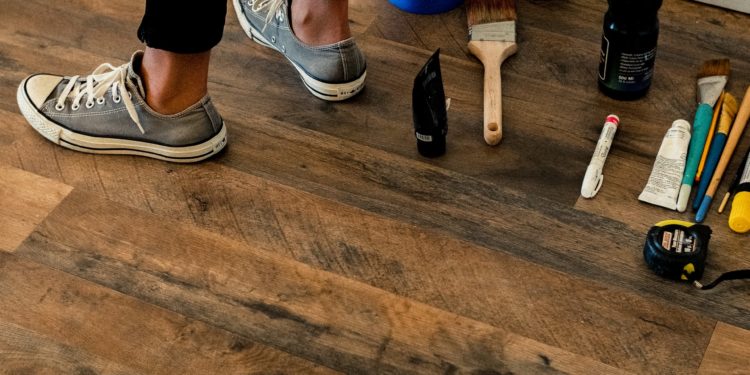Few sectors rival real estate in terms of profitability in today’s economic climate. This allure leads many inexperienced individuals into the house-flipping sector without much consideration. However, the flipper business is not nearly as simple as it appears.
If you’d like to go into house flipping, there are a couple of things you need to learn. To help you, this article explores choosing flipper-friendly properties, budgeting, real estate knowledge and skills, and the pros and cons of the flipper practice. Read on and master the art of house flipping.
Choosing Properties to Flip
The house flipping process’s first and most crucial stage involves choosing the right property. Though not as fun as choosing between mega slot machine UK games, this step requires careful consideration. There’s no exact formula to follow, but several factors need to be taken into account.
Location
To appeal to a wide range of buyers, a house needs to be in a nice area. You can use real estate sales up to six months into the past to identify the neighbourhoods that are most popular at the moment. On top of that, you should factor in aspects like crime rate, school vicinity, public transport availability, adjacent retail and recreational centres, and so on.
Size
Consider what property size aligns with your target demographic and budget. Smaller properties appeal to more people and are easier and faster to renovate, so many novice flippers are drawn to them. However, they may yield lower profits. Larger properties require bigger investments but often produce better returns.
Potential
You must also choose a real estate to flip based on its potential to appreciate in value. Big houses in secluded neighborhoods might not sell immediately, risking profit loss due to deterioration. However, they provide more renovation and refurbishment flexibility and offer greater overall value once sold. In contrast, smaller properties will sell quickly, allowing you to sell house fast, but they’ll be more challenging.
Budgeting and Purchase Plans
Price is another aspect of house flipping that should rank high on your priority list. The ultimate goal is minimising your financial risk while maximising potential profits. To achieve it, you should consider purchase and renovation costs, the likely selling point, and your budget.
Generally speaking, investors aim to pay no more than 70% of a property’s after-repair value to ensure they’re in the black after the sale. Now, you likely won’t be able to calculate this figure accurately on your first, second, or even third try. House flipping, like any other start-up business, involves trial and error. New investors tend to overlook things like capital gains tax or underestimate help costs. However, research and dedication can take you far.
Skills and Knowledge
Property flipping can seem overwhelming when you think about the skills and knowledge needed for the entire process. Besides budgeting and choosing the right property, you must:
- Have a decent understanding of the current housing market;
- Be able to negotiate a workable buying and selling price;
- Decide what renovations will be the most profitable to make;
- Gain some carpeting and installation knowledge and skills;
- Hire the right people to help you with the tasks you can’t do by yourself;
- Assess when to get out of a project to cut your losses.
Some of these skills may come naturally to you, but most will require effort to develop. For that reason, it’s essential to understand that property flipping takes patience and hard work. As long as you’re ready to invest time and not afraid to seek guidance from fellow flippers and other professionals in the industry, you’re likely to succeed.
Pros and Cons of House Flipping
If the previous sections left you with mixed feelings about house flipping, assessing the positive and negative sides of this practice could be helpful.
Pros:
- Solid profit potential — Depending on the property and your expertise, house flipping can net you substantial returns in less than six months.
- Relatively safe investment — Real estate is among the most predictable markets today, with house flipping often seen as one of its most rewarding avenues.
- Useful skill and knowledge — Flipping houses for a long time offers insights into the housing market, construction, renovation, negotiation, investment, and many more fields you can benefit from in other industries or your personal life.
Cons:
- Costs — With taxes, contractor charges, and loan interest, flipping houses will be expensive, regardless of your financial situation.
- Time and energy consumption — Property flipping is a time- and energy-consuming business, especially for newbies who lack the skills and knowledge to make the most of their projects.
All in all, the positives of house flipping seem to outweigh the negatives. It’s only a question of whether you’re willing and able to put in the necessary effort.




![7 Best POS Software in the UK [2026 Edition]](https://todaynews.co.uk/wp-content/uploads/2026/02/7-Best-POS-Software-in-the-UK-2026-Edition-360x180.png)








































































